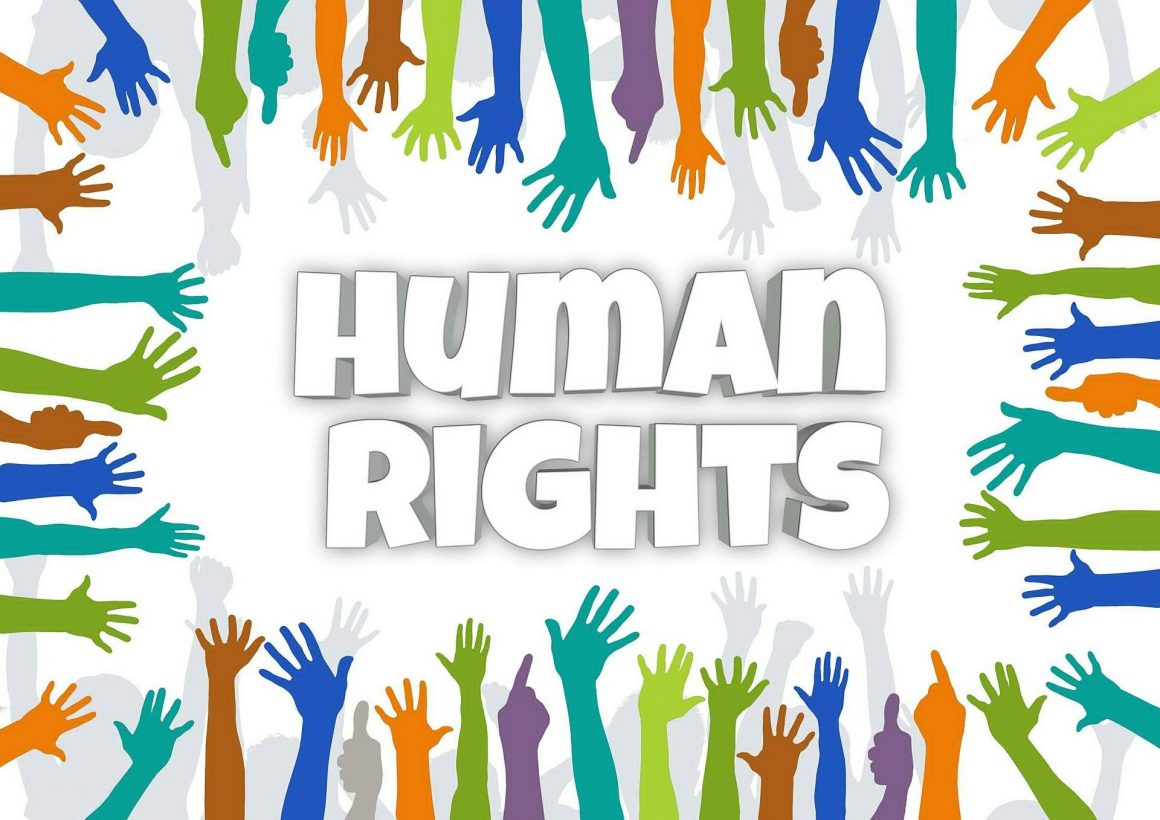Many times, over my long career with the United Nations system, I quoted these lyrics from the Doobie Brothers song, ‘Takin’ It to the Streets,’ to explain the meaning of human rights.
These lyrics paraphrase in clear and simple terms the principles embodied in Article 1 of the Universal Declaration of Human Rights which we celebrate today:
All human beings are born free and equal in dignity and rights. They are endowed with reason and conscience and should act towards one another in a spirit of brotherhood.
Both the song and the Universal Declaration tell us that this brotherhood that unites humanity, that makes us recognize the rights and dignity of all people, should not depend on our knowing or liking one another, but on ‘reason and conscience.’ They tell us that we all enjoy the same human rights purely because we are human, regardless of our nationality, ethnicity, religion, gender, age or any other differences which might divide us.
The Universal Declaration demands that we demonstrate that brotherhood and sisterhood in real life – not just for our families or friends, but also for those whom we may not know. That requires the empathy and imagination that puts us in the shoes of another person, no matter how different and far away he or she is.
Over the many years I have worked in the United Nations, particularly in efforts to prevent and resolve conflicts, I have found that it is one of the most difficult things for human beings to do, and at the same time the most rewarding. To borrow the words of a bright high school student I met in Costa Rica some years ago, it’s what allows human beings to go from just being an ‘I’ to create the ‘we’ that we need to make life worth living. The challenge is to exercise the empathy and imagination needed to expand that ‘we’ beyond the group of people that we know and love.
The COVID-19 pandemic that has befallen all of humankind offers us an unprecedented opportunity to take on that challenge. It has shown us that, faced with this shared calamity, people around the world have suffered the same fear and pain of the loss of loved ones; that we are also capable of great courage, selflessness, empathy and solidarity toward our fellow human beings. Today’s communication technology, particularly social media, has allowed us to see and hear instantaneously these expressions of our common humanity, however far flung they might be.
Yet, the pandemic has also shown us how shamefully we are failing so many members of the human family, by highlighting and exacerbating the enormous inequalities and injustices of this world. COVID-19 has hit the already marginalized and excluded people of the world hardest – the poor, the minorities, women, indigenous peoples, refugees and migrants. Women and minorities also tend to work disproportionately in the myriad services we have come to recognize as essential for our day-to-day lives. We depend on them, yet allow them to continue to be overworked, often with insufficient protection, underpaid and without access to affordable health care – and hence sicken and die in greater numbers than those of us who are more privileged.
And even as we collectively take hope in the emergence of effective vaccines, the People’s Vaccine Alliance has denounced that wealthy countries are hoarding doses, while nearly 70 lower-income countries will only be able to vaccinate one in 10 people.
So, this day cannot be a day of celebration. It is a day for us to truly heed the Universal Declaration’s call to brotherhood and sisterhood at a time when this is needed more than ever. It is a day to remind ourselves that that brotherhood and sisterhood cannot stop at mere good feeling. Our commitment to human rights must be translated into policies and legislation backed by the necessary budget that ensure that all our fellow human beings, both within and beyond our borders, exercise those same rights, including the right to health and to a decent livelihood. Let us show solidarity and kindness in our own lives, but also demand that our political leaders discharge their obligation to guarantee those rights to all, and especially to the most vulnerable and marginalized among us.
We may not know them, but they are our brothers and sisters.



